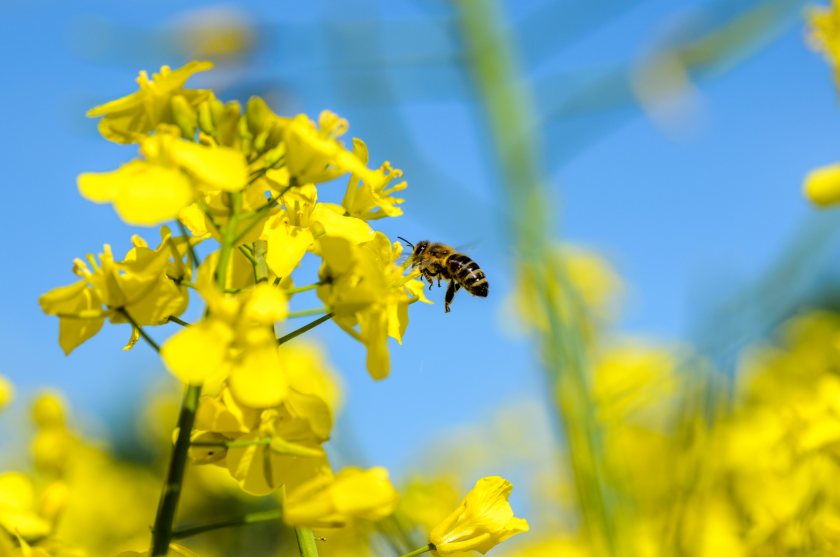Stricter neonicotinoid guidance piles pressure on British farmers

Farmers and growers are warning of new pressures on food production after the government announced stricter guidance on neonicotinoid use.
The Health and Safety Executive has today (11 September) issued updated rules for emergency authorisations of pesticides, requiring applicants to fully account for the risks posed to pollinators such as bees.
While the government says the move will safeguard ecosystems and strengthen pollinator populations, industry leaders caution that it will make crop protection harder and increase costs for growers already battling tight margins.
Three neonicotinoids are already banned in England, and applications for emergency use – including the seed treatment Cruiser SB – will now face tougher hurdles.
An authorisation for Cruiser SB, used to stave off virus yellows, was refused earlier this year, after four years of temporary approvals between 2021 and 2024.
Environment Minister Emma Hardy said: “Nature is the bedrock of our economy, and it is vital that we take action to protect it for the future. We are committed to restoring our natural environment while supporting productivity and economic growth.
“That is why we are taking another step towards a complete ban on the use of bee killing pesticides in England and we will continue to support farmers and growers to adopt sustainable practices.”
The government argues that pollination provides benefits to crop production worth an estimated £500 million a year, and claims the new guidance will “ensure the essential role that pollinators play for British farming” is recognised.
Farmers say the loss of neonicotinoids could leave some crops, such as sugar beet and oilseed rape, more vulnerable to pests and diseases, increasing reliance on less effective alternatives.
Many fear lower yields and higher production costs at a time when global competition and weather extremes are already squeezing farm incomes.
The UK Pesticides National Action Plan 2025 promises measures to help reduce reliance on chemicals, including more support for Integrated Pest Management.
However, farmers argue that viable, affordable alternatives are not yet in place to replace the tools being lost.








